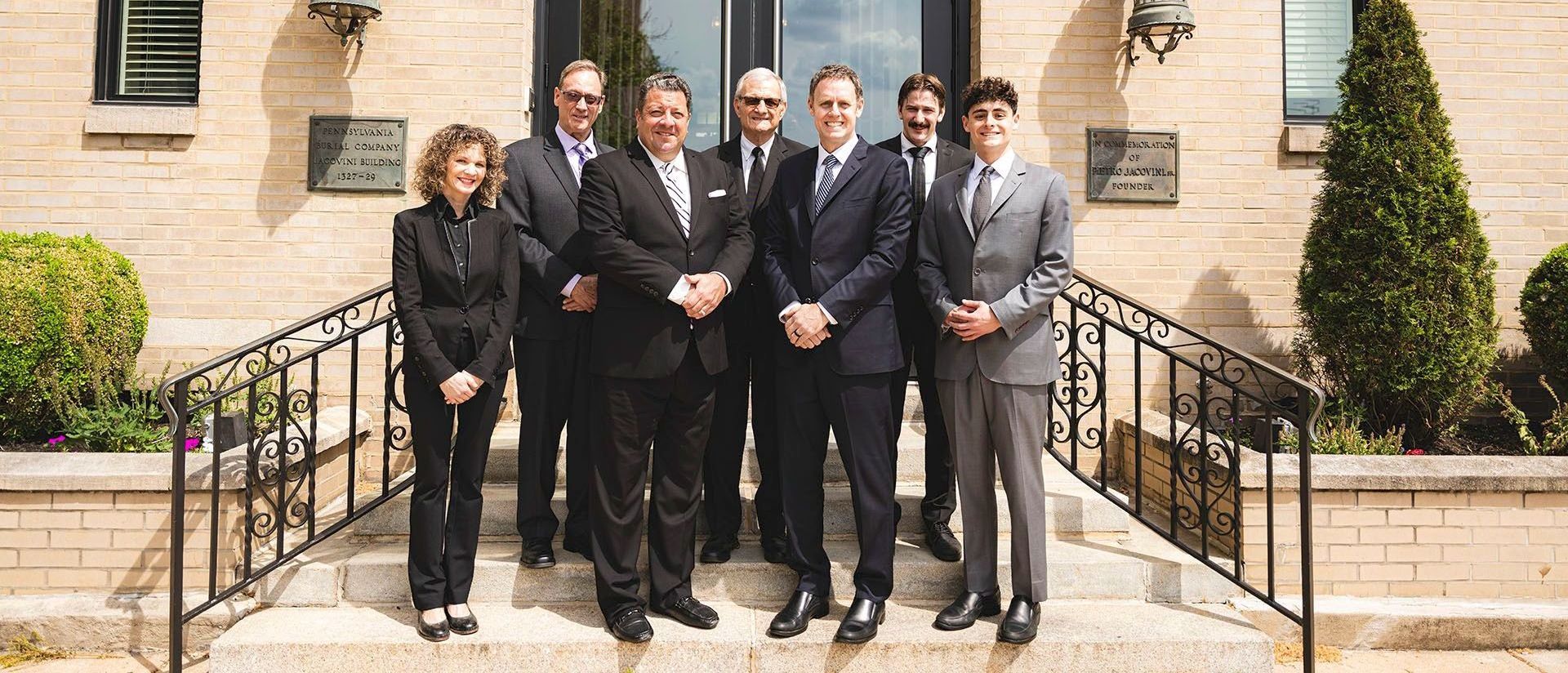October 30, 2025
When a family member passes, Cantonese funeral traditions serve as a meaningful way to honor their life, provide comfort to loved ones, and guide the spirit with respect and care. At Pennsylvania Burial Company and Baldi Funeral Home, many families in the Philadelphia community choose to incorporate Cantonese customs into funeral services, ensuring the ceremony reflects their family heritage and beliefs. This guide explains the most common rituals, symbolic items, and offerings often included in a Cantonese funeral, and how families can personalize the experience while staying true to tradition. 1. The Importance of Respect, Family, and Ancestral Honor Cantonese funerals are rooted in three core principles: • Showing deep respect to the deceased • Protecting the family from misfortune • Honoring ancestors and ensuring a peaceful transition to the afterlife These values guide each step of the funeral process and help families feel connected to generations before them. 2. Pre-Funeral Rituals and Traditions Many families begin preparations with customs meant to protect the home and honor the spirit. These may include: • White and black clothing: Families traditionally wear white to symbolize mourning, with black used in some cases. Red is avoided during the mourning period. • Covering mirrors: Some families cover mirrors to prevent attracting negative spirits or bad luck. • Paper offerings prepared in advance: Items are gathered for burning during the funeral to help the loved one in the afterlife. Some families choose to follow all traditional customs, while others combine them with modern practices based on their comfort and beliefs. 3. Rituals During the Funeral Service Cantonese funeral services may take place over one or multiple days and can include elements such as: • Prayers and chanting: These guide the spirit and provide comfort. Monks or spiritual leaders may be present to lead chanting if the family wishes. • Incense offerings: Incense is lit to purify the space, honor the deceased, and invite blessings. • Symbolic placement of flowers: White chrysanthemums are common as they represent sympathy and mourning. Many families also choose to include personalized readings, shared memories, or a slideshow to honor the individual’s life in a meaningful way. 4. Symbolic Items and Their Meaning Below are key items often used during Cantonese funerals and what they represent: Incense: Shows respect and guides the spirit White clothing: Purity and mourning Paper money (joss paper): Helps the loved one in the afterlife Fruit and food offerings: Provide nourishment for the spirit Chrysanthemums: Traditional funeral flowers symbolizing grief Red packets (given after funeral): Protect family from misfortune after attending Families often choose which items feel most meaningful to include. 5. Offerings and the Tradition of Burning Joss Paper Paper offerings (known as joss paper) are an important part of Cantonese funeral customs. These may include money, clothes, or symbolic items representing comfort in the afterlife. Burning these items is believed to: • Provide financial support to the loved one’s spirit • Offer comfort and a smooth transition • Show ongoing care and respect Some families also place food and fruit on an altar for the spirit to receive. 6. After the Funeral: Mourning Practices and Family Customs Following the funeral, families may observe a mourning period that includes: • Avoiding celebrations for a set time • Wearing mourning pins or clothing • Visiting the gravesite at specific times to honor the loved one Giving small red envelopes to attendees at the end of the funeral is also a common practice. These envelopes may contain a coin or candy, symbolizing protection and good fortune after paying respects. Frequently Asked Questions How long does a traditional Cantonese funeral last? Services may last one or more days depending on the customs and preferences of the family. Is it necessary to include chanting or monks? No. While many families choose this for spiritual support, others prefer a simpler service. The level of tradition is always up to the family. Can we combine Cantonese customs with a traditional American funeral service? Yes. Families often blend cultural rituals with personal touches or religious elements that reflect their loved one’s life. What should guests wear to a Cantonese funeral? Guests typically wear black or dark clothing. Bright colors and red are usually avoided. Do all families burn joss paper during services? Not always. Some families follow this tradition fully, while others choose alternative ways to offer respect or symbolic items. Can non-Cantonese guests participate in the rituals? Yes. Guests are welcome to show respect by bowing, lighting incense if offered, or quietly observing. Participation is optional. If your family wishes to include Cantonese traditions in a funeral or memorial service, our team at Pennsylvania Burial Company and Baldi Funeral Home is here to help. We will honor your customs with care, respect, and cultural understanding, ensuring your loved one’s farewell is meaningful and heartfelt.
